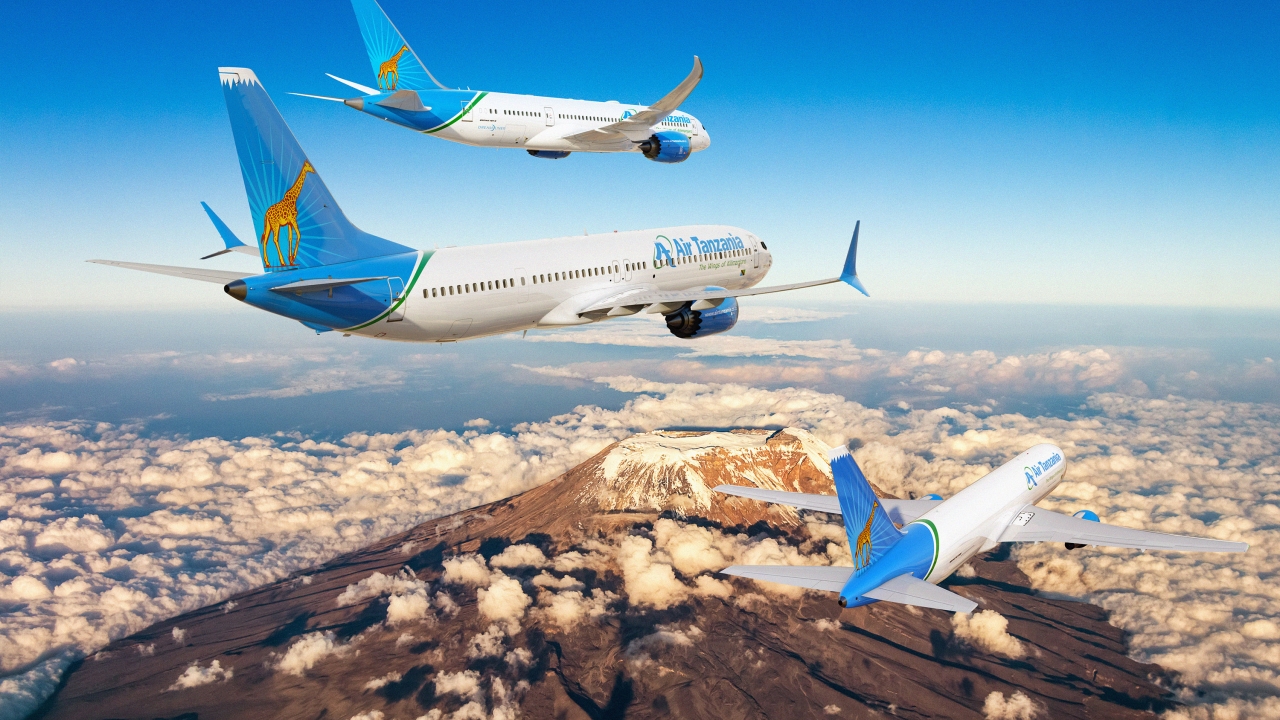Bryan looks West for growth
Delta Airlines is targeting the growth potential of Nigeria. Chukwu Emeke explains why.

Delta Airlines began direct flights between Nigeria and the US in 2007 and volumes are steadily increasing.
This, says the airline, is because successive Nigerian Governments have intensified efforts towards diversifying revenue sources away from just crude oil to agriculture, entertainment and other segments.
Bobby Bryan, Delta’s commercial director, east, west & central Africa, said: “West Africa is a region that we see rapidly evolving and the trend is that it is becoming like anywhere else in the world.
Travellers from the region now desire the same good services that they see in America, Europe and Asia. We have seen increasing demands as a result, in terms of both the amount and different kinds of travel.”
In response to this trend and, as part of its customer satisfaction strategy, Delta is tailoring its on-board meals to suit Nigerian tastes. “We also offer Nollywood films on our aircraft,” added Bryan. “We started with morning flights here. Now, we also have the evening flights, because that is what the market wants.”
The country’s goods and services trade totalled an estimated $9.0 billion in 2016 and the World Bank is forecasting a gross domestic product (GDP) of 2.5% this year.
Bryan said the need to link two financial centres of Lagos and New York informed Delta’s recent launch of non-stop flights between Lagos MMA and New York JFK.
The New York-JFK and Atlanta flights from Lagos are operated using 234-seat Airbus A330-200 aircraft, offering an elevated on-board experience in every cabin. This includes radio-frequency identification (RFID) bag-tracking technology, enabling customers to follow their bag’s location from check-in to the baggage carousel through notifications sent to their mobile phones.
According to Bryan, operational challenges in Nigeria’s aviation sector are seen as growth opportunities by his airline. “As we look to bring our innovations here, we work with local authorities to make sure that the technologies and space are available. One thing about the Nigerian market is that as we make efforts to work there, we always find something new.”
Delta operates to four other African cities in Ghana, Senegal, South Africa and the Gambia, offering 44 flights per week. It transported more than 377,000 passengers in 2017 under strong partnerships with Kenya Airways, alongside joint venture partners like Air France-KLM, Alitalia and Virgin Atlantic.
More than 89,000 passengers were carried between Nigeria and US in 2017, with an average 82% load factor. A 36% increase in capacity was recorded year-on-year, with almost 3,300 weekly seats between Nigeria and the US.
“We are anticipating a 10% growth in passenger figures for the African region and a 36% growth specifically for Nigeria,” revealed Bryan. “This is a big change from 2017.” said Bryan.
Last year was a challenging one for Nigeria’s economy; foreign investors, including airline operators, had to contend with difficulty in access to foreign exchange (forex). Bryan attributes the 2017 decline in passenger traffic, compared to 2016 figures, to this situation. “However, we started seeing increases again from the fourth quarter of 2017,” he said, adding that the airline’s priority for Nigeria in 2018 is to make the Lagos-New York flights perform.
“We will be spending a lot of our time on making sure that we give the right kind of service, making sure that the market is aware of our services and meeting the needs of the market while we continue to expand.”
Globally, Delta recorded an operating revenue of $41 billion in 2017 and plans to invest $12 billion to improve the air travel experience, spread over the next 10 years.
The airline gives back 1% of its profits as a corporate social responsibility initiative, involving communities in countries it operates into in Africa, including Nigeria.
Stay up to date
Subscribe to the free Times Aerospace newsletter and receive the latest content every week. We'll never share your email address.

